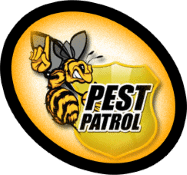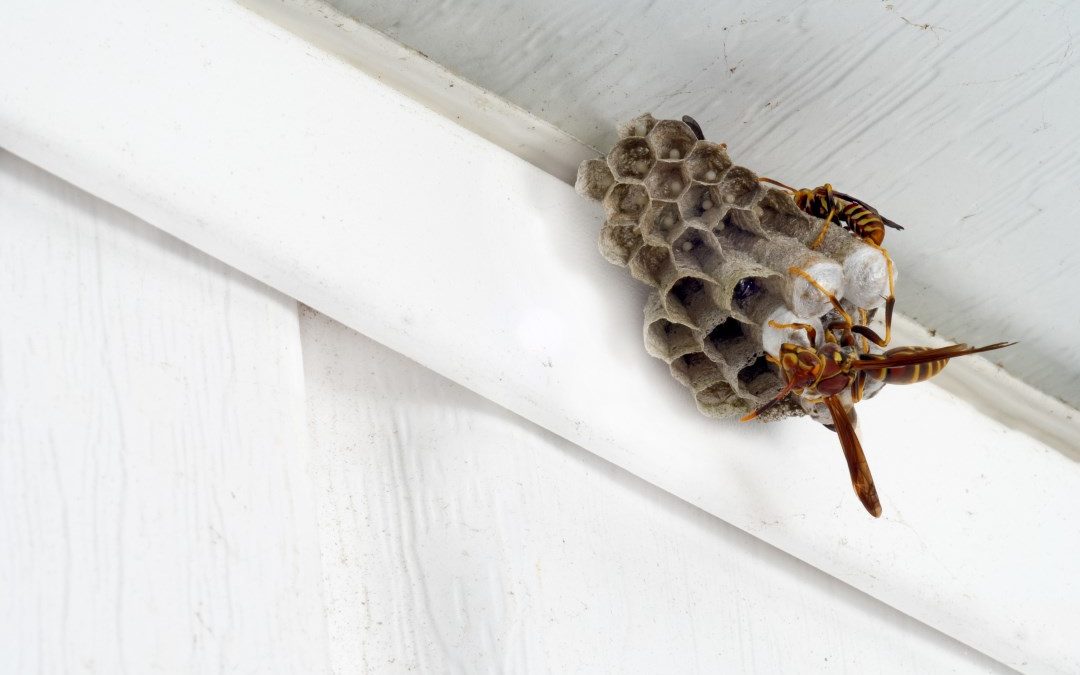Keeping your yard free from stinging insects isn’t easy, especially if you’ve noticed wasp nests hanging around. These pests like their homes, and work to protect their surroundings, so getting rid of a wasp nest can be tricky and dangerous. Here are some tips to keep in mind.
Know wasp habits
First, make sure that you’re trying to conquer a wasp nest. Yellow jackets and hornets also build nests, and their activity when threatened can be drastically different. It would be terrible if you thought you were fighting against a couple of wasps, and potentially a few painful stings – only to discover too late that the nest actually belonged to a swarm of hornets, who sting repeatedly and attack en masse.
If you follow the life cycle of these stinging insects, you’ll know that wasp colonies grow more abundant as the summer progresses. The wasps also grow larger and more aggressive through the season; which is why it’s better to eliminate old, unused wasp nests during the winter months, or very early spring. Getting rid of the nest in the middle of summer is more of a challenge, because of the colony growth throughout the season, which includes the males and next year’s queen wasps that worker wasps are very protective of.
Know your limits
Allergies to wasp stings – If you are allergic to wasp stings, bee stings, or other similar attacks, then it’s advisable to let someone else handle the wasp nest problem. One sting at the wrong time, or a number of them attacking you at once, could be fatal, and not worth the risk.
Heights aren’t safe – Since wasps like to build their nests in trees, under the eaves, or at the top of porch ceilings, chances are that you won’t be able to get to the nest while still standing on the ground. Balancing on a ladder is especially dangerous for this job, because one wrong move could cause a crash to the ground. When an angry wasp flies towards a person’s face, most people instinctively react with a quick retreat – and if balancing on a ladder high off the ground, that retreat could result in broken bones or other serious injury.
Other allergies and sensitivities – Store-bought wasp sprays may work for a short term reprieve, but many people don’t read the label thoroughly enough to know how to use the product correctly, or what chemicals are contained in the spray. People with allergies or sensitivities to chemicals may regret using a wasp spray, especially if wind conditions cause overspray. Know what you might be allergic to, and children or other people around you when spraying.
Know the best methods
Certain times of the day are better than others – wasps tend to settle down at dusk and become less active overnight. However, they will react to a light, thinking it is daylight, so be cautious when using a flashlight or other light around their nest at night.
The best way to get rid of a wasp nest is to let a professional handle it for you! Pest control technicians are trained on the habits of these stinging insects, and they know the type and strength of chemical to use for your treatment area.
Contact Pest Patrol to analyze your wasp problem and suggest the best solution.


